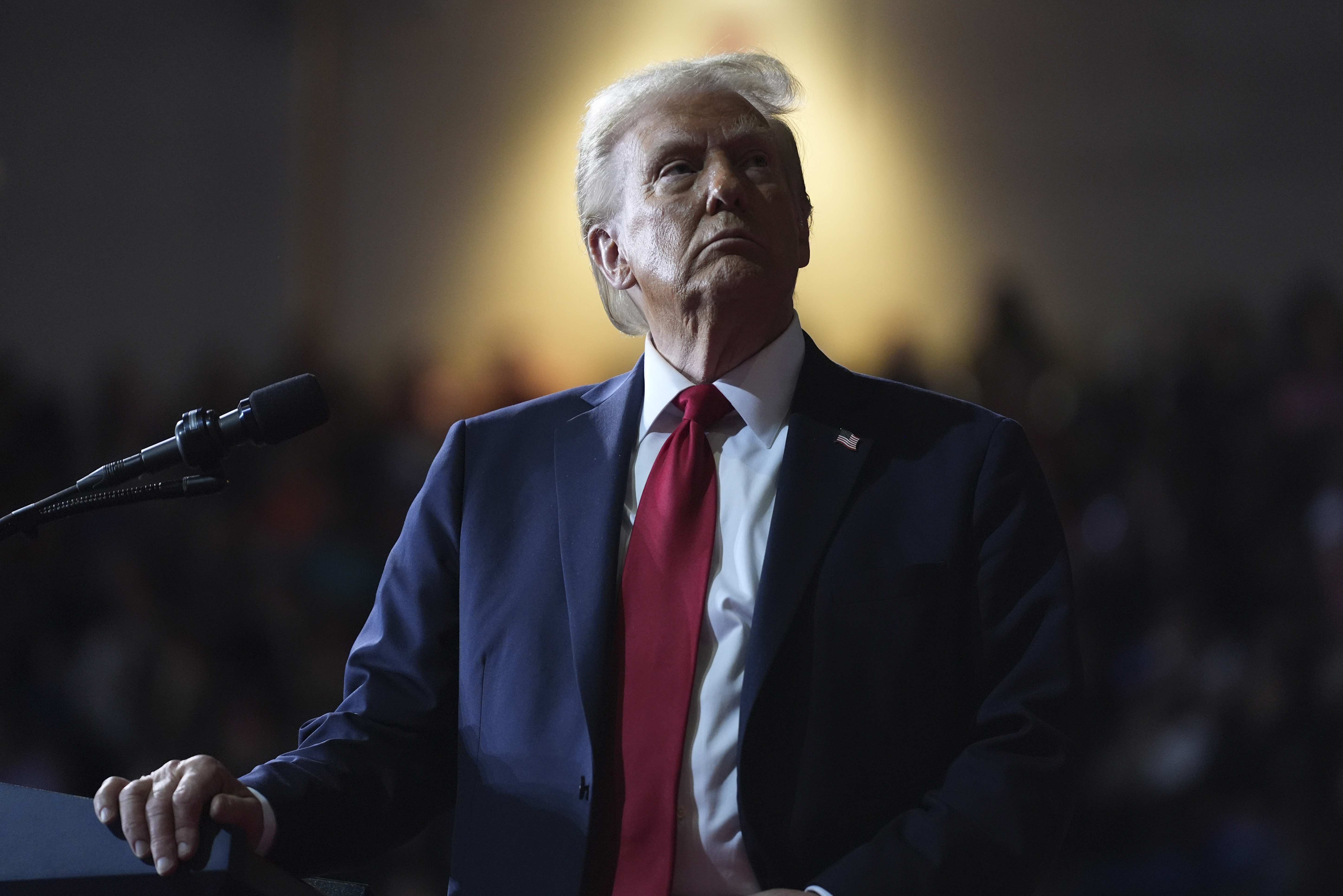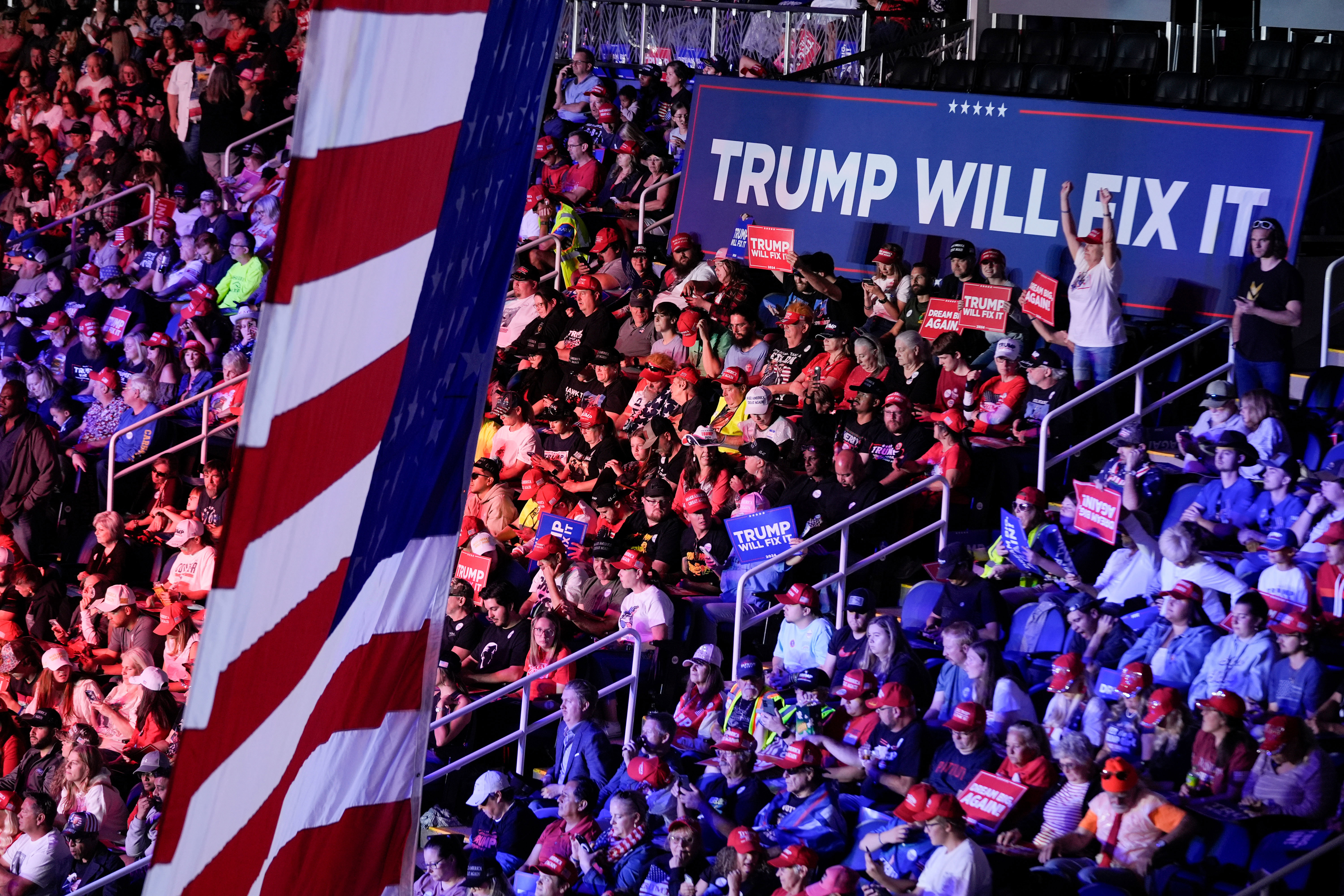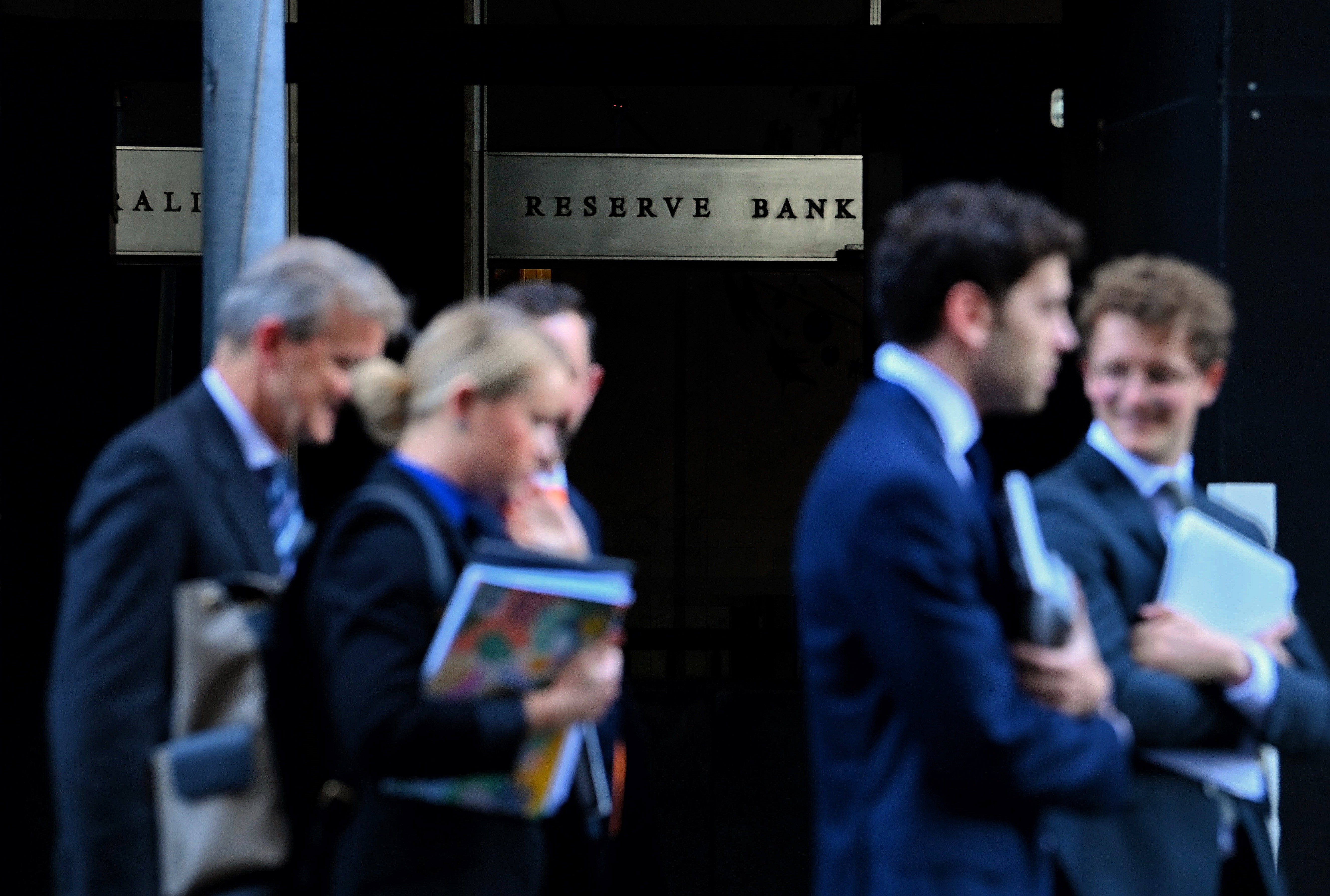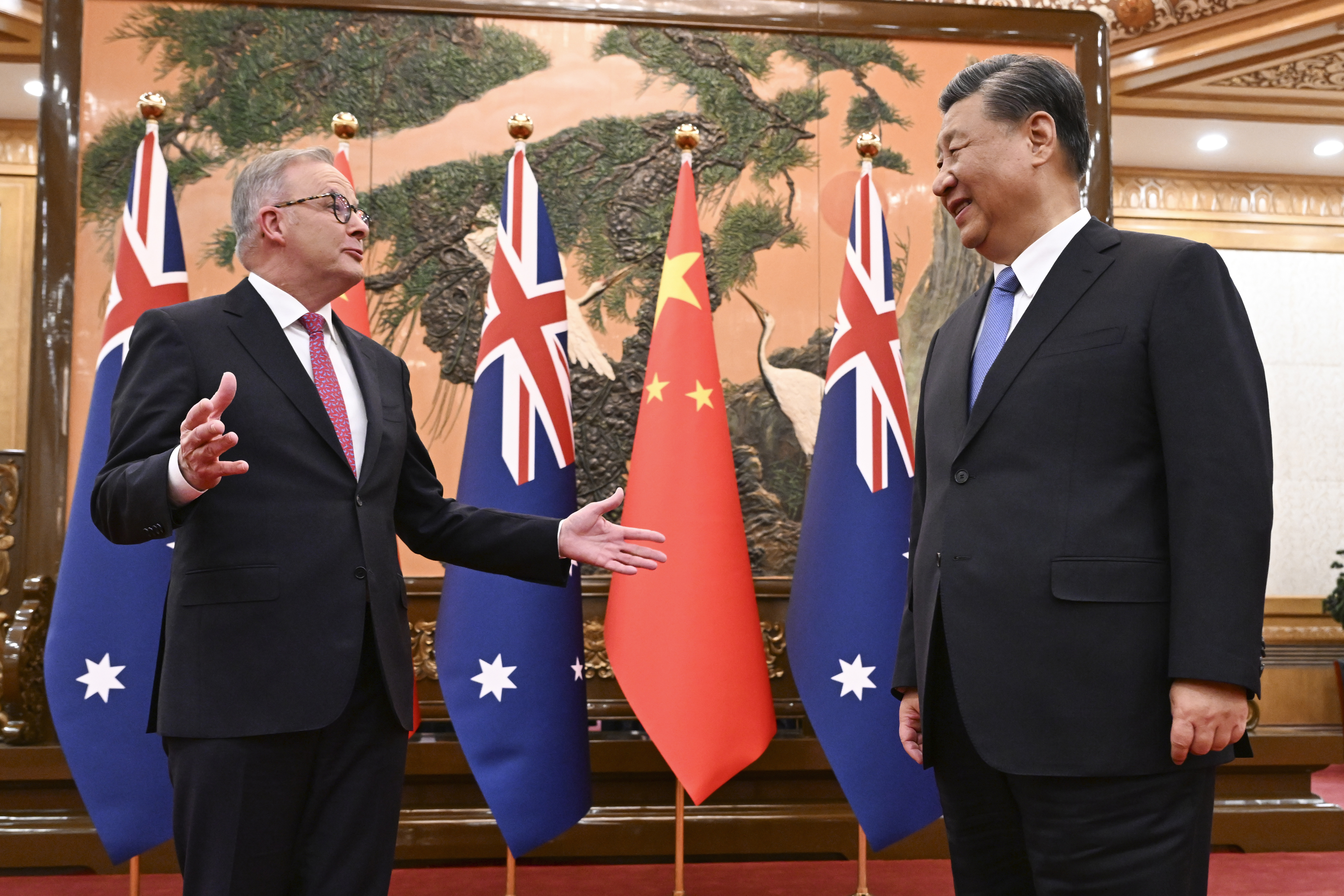Voter dissatisfaction with high inflation was crucial in sending Donald Trump back to the White House, but he could be about to send it soaring once again.
The Republican repeatedly pointed to higher living costs in recent years, saying he would bring back the far kinder conditions he presided over during his first term. "Trump will fix it" signs were plastered all around his rallies.
But since Trump's win in last week's US election, economists have been warning about the impact of the promises he made on the campaign trail.
READ MORE: Trump has won. This is what we know he'll do next

"Trump's policies... risk adding to inflation and being negative for US growth," AMP chief economist Shane Oliver wrote.
"His trade policies with a likely global trade war would be negative for global growth."
Indeed, the warnings go back far further than just the last seven days.
In June, 16 Nobel Prize-winning economists wrote an open letter saying Trump's policies "will have economic repercussions for years, and possibly decades, to come".
"We believe that a second Trump term would have a negative impact on the US's economic standing in the world and a destabilising effect on the US's domestic economy," they argued.
READ MORE: What happens now the US election is over? The dates you need to know

One of the chief causes of concern is the prospect of huge tariffs on imported goods.
"To me, the most beautiful word in the dictionary is 'tariff'," Trump said last month.
"It's my favourite word."
What's been proposed is a 10 to 20 per cent tariff for all imports, while Chinese-made goods could face up to 60 per cent.
While Trump has said the countries making the goods would bear the cost, the reality is local consumers would likely end up footing the bill - and facing higher prices.
"These are much larger and broader tariffs than last time around and therefore should create more inflation, especially as previous tariff rises were implemented in a low inflation period," CreditorWatch chief economist Ivan Colhoun said.
READ MORE: 'Confident': Treasurer's verdict on Trump's impact on Aussie economy

Add onto that the promise of the "largest domestic deportation operation in American history", which would likely reduce economic output, and an extension of the tax cuts he oversaw in 2017.
"Trump's policy platform is a sequence of negative supply shocks – tariffs and immigration – alongside demand stimulus via tax cuts," Colhoun said.
"These are all inflationary."
That may come as bleak reading for Australian consumers, who are only just starting to see inflation come back to target.
However, rising domestic inflation under a second Trump won't necessarily lead to higher living costs Down Under.
READ MORE: Aussies wary of Trump's return to White House, poll shows

"There are no implications to Australian monetary policy right now as a result of the Trump presidency," AMP deputy chief economist Diana Mousina said.
"Inflation is being driven by 'home-grown' services inflation which are not impacted by changes to US politics."
Australia appears fairly well placed to avoid the worst of any tariffs, as it currently imports more goods from the US than it exports there.
Where there is uncertainty – and some concern – is around any flow-on effects from high tariffs on China, which is our largest trading partner.
If tariffs throttle growth in the world's second-largest economy, that would, in turn, reduce demand for Australian exports, although China could respond with significant stimulus packages.
Treasurer Jim Chalmers yesterday said he was confident Australia will be able to navigate any uncertainty that comes once Trump steps back into the White House on January 20, and Mousina agrees that it's too early to start ringing alarm bells.
"There are so many 'known unknowns' and even 'unknown unknowns' it's not time to hit the panic button just yet," she said.
"There is a well-known saying now that we should 'take Trump seriously but not literally' and giving direct point forecasts right now about the impact of the Trump administration on the economy is fraught with problems."
from 9News https://ift.tt/5iolL3p








